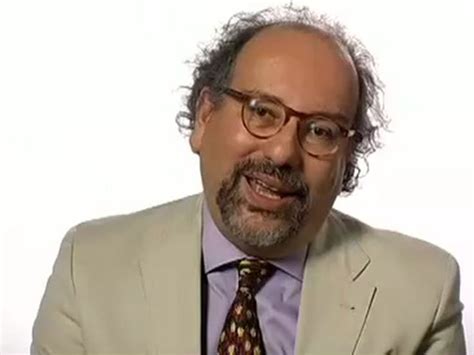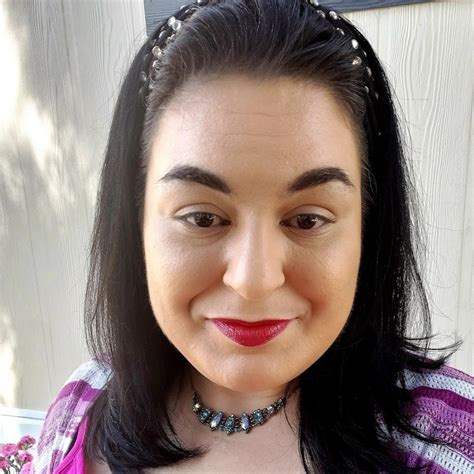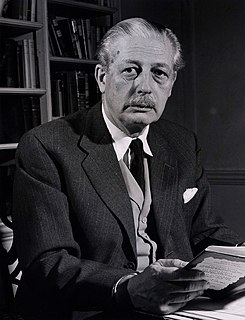A Quote by Barry Nalebuff
Most "original" ideas aren't completely original, but instead are the result of two basic methods for generating ideas: problems in search of solutions and solutions in search of problems.
Related Quotes
At school, new ideas are thrust at you every day. Out in the world, you’ll have to find the inner motivation to search for new ideas on your own. With any luck at all, you’ll never need to take an idea and squeeze a punchline out of it, but as bright, creative people, you’ll be called upon to generate ideas and solutions all your lives. Letting your mind play is the best way to solve problems.
My impression was and is that many programming languages and tools represent solutions looking for problems, and I was determined that my work should not fall into that category. Thus, I follow the literature on programming languages and the debates about programming languages primarily looking for ideas for solutions to problems my colleagues and I have encountered in real applications. Other programming languages constitute a mountain of ideas and inspiration-but it has to be mined carefully to avoid featurism and inconsistencies.
It is fascinating to watch politicians come up with 'solutions' to problems that are a direct result of their previous solutions. In many cases, the most efficient thing to do would be to repeal their previous solution and stop being so gung-ho for creating new solutions in the future. But, politically, that is the last thing they will do.
To be open to inspiration, one must cultivate a leaning for the problematic, a chronic attraction to things that do not totally fit, agree, or make sense. Inspired ideas are less often solutions to old problems than newly discovered or totally reformulated problems - problems 'created' like brilliant works of art.
There are no prescriptive solutions, no grand designs for grand problems. Life's solutions lie in the minute particulars involving more and more individual people daring to create their own life and art, daring to listen to the voice within their deepest, original nature, and deeper still, the voice within the earth.
This is what I want you all to do. I want you to open a new document and type up a list of three problems in your life. Not the universe's life - your own. Underneath, type the solutions." "If we know the solutions," said Belle, "they're not problems." "Exactly," said Denny. "You do know the answers to most of your problems. Somewhere deep inside, you know.
My hope is that design thinking becomes an innovative discipline and not just the trend of the decade. As a nation and globally, we have some of the biggest problems to solve we have ever faced. We need innovative ways to solve our problems and communicating the solutions will be paramount. Original thinking, complex problem solving, and collaboration are all important skills for our future.
Creativity is the generation and initial development of new, useful ideas. Innovation is the successful implementation of those ideas in an organization. Thus, no innovation is possible without the creative processes that mark the front end of the process: identifying important problems and opportunities, gathering relevant information, generating new ideas, and exploring the validity of those ideas.

































